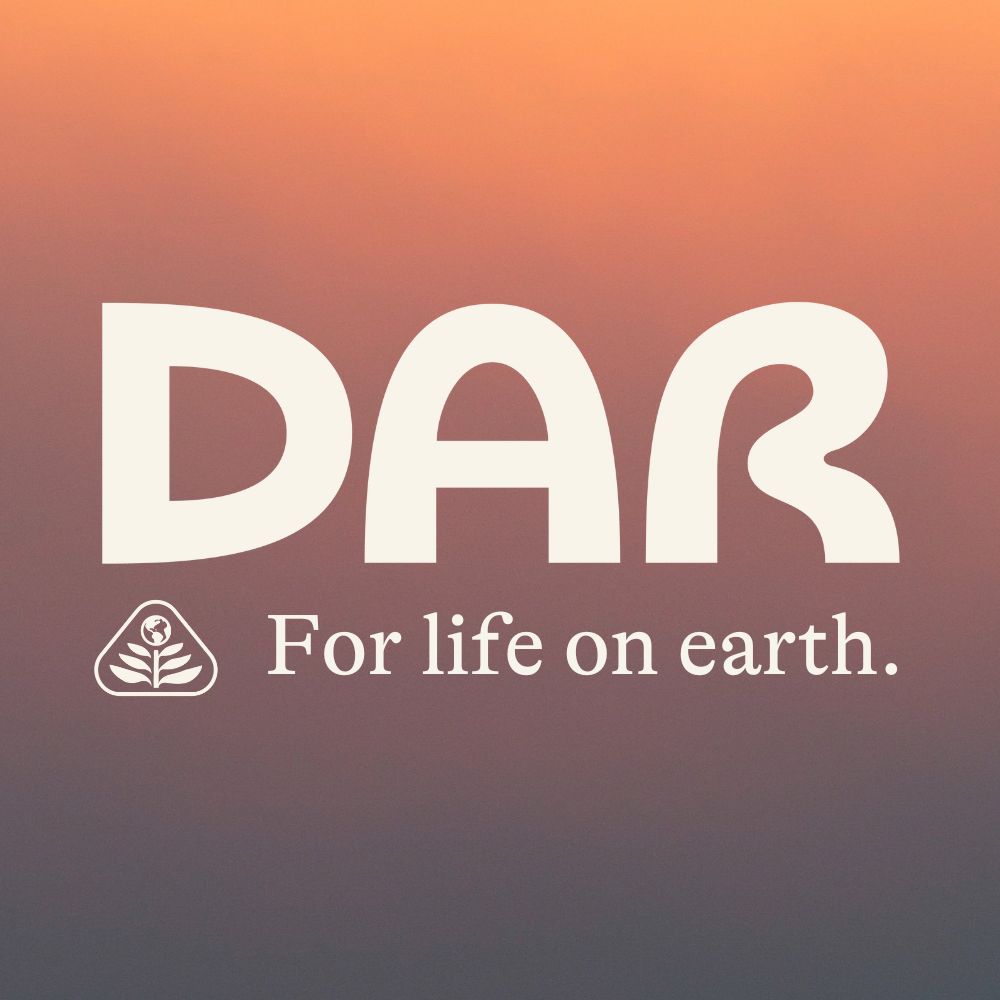
Needs: $5,000
Mission
DAR’s purpose is to regenerate landscapes to improve life on Earth. Our theory of change is that by transforming barren lands into havens of healthy ecology, food, commerce, and community, DAR is creating a model for reversing cultural and ecological degradation. The replication of these micro-ecosystems on a grassroots, community level is the key to the resilient, systemic cultural change that will restore our relationships with the ecosystems. All of DAR’s work starts with relationships with the land and community. We see land restoration as a critical foundation, and we are simultaneously designing and weaving cultural regeneration, education, and research to regenerate landscapes and improve life on earth.
More about this organization
Land Stewardship: With water as the limiting factor in how much life land can support, we use passive water-harvesting techniques such as contour swales or micro terracing to gather and retain as much precipitation as possible. These “water batteries” make it possible to establish trees and shrubs in arid and semi-arid climates without irrigation. We integrate rotational livestock grazing between tree rows to enrich soil fertility and grassland health. In this way, we create landscapes capable of retaining as much water as possible to support enhanced carbon sequestration, biodiversity, and abundance of food, materials, and medicine. As a scaling and dissemination strategy, we run both an immersive apprenticeship program and a Foundations of Agroecology Course, which is available to the general public. The apprenticeship and the course together are designed to facilitate the widespread adoption of these practices and connect emerging farmers and land stewards with land owners to build mutually supportive relationships and facilitate ongoing opportunities for both.
Cultural Stewardship: By advocating for attitudes and practices that promote a reciprocal relationship with nature, we work to support environmental justice and food sovereignty for all. We acknowledge that the Indigenous communities that most strongly hold those ways are also among the most marginalized, and collaborate to amplify the message they share however we can be of service. We run a Food Solidarity Garden that grows 5,000 lbs of vegetables, grains, and medicinal herbs using regenerative agricultural practices. The harvest is allocated to marginalized communities, elders, local food relief organizations, houseless vocational training programs, and volunteers in exchange for participation during the growing season. Other projects with Indigenous communities include Ancestral Womb Postpartum Care (AWPC) and the Eastern Shoshone Food Sovereignty Community Garden.
Education: Due to the critical need for land-based, outdoor education, DAR runs Folk Farm, our nature-based, child-led education program that supports children 2.5 – 9 years old in developing connections with land, food, culture, and social ecosystems on our regenerative farms.
Research: DAR’s research program studies the impact of scaled agroecology on hydrology, carbon sequestration, biodiversity, and soil health. This research helps us to better understand and refine our design and implementation, train land managers in effective ways to evaluate the health of their own landscapes, and to communicate the overall research on the ecological impacts of dryland agroforestry systems.